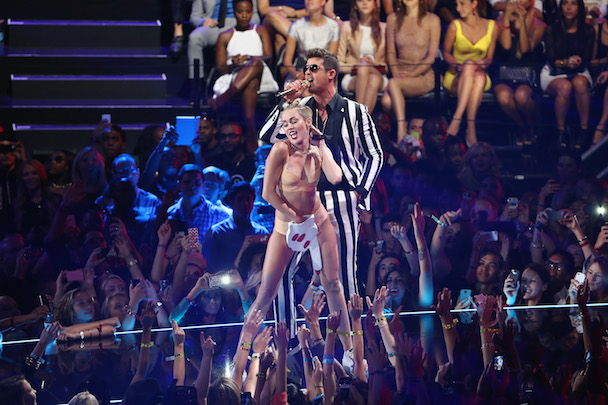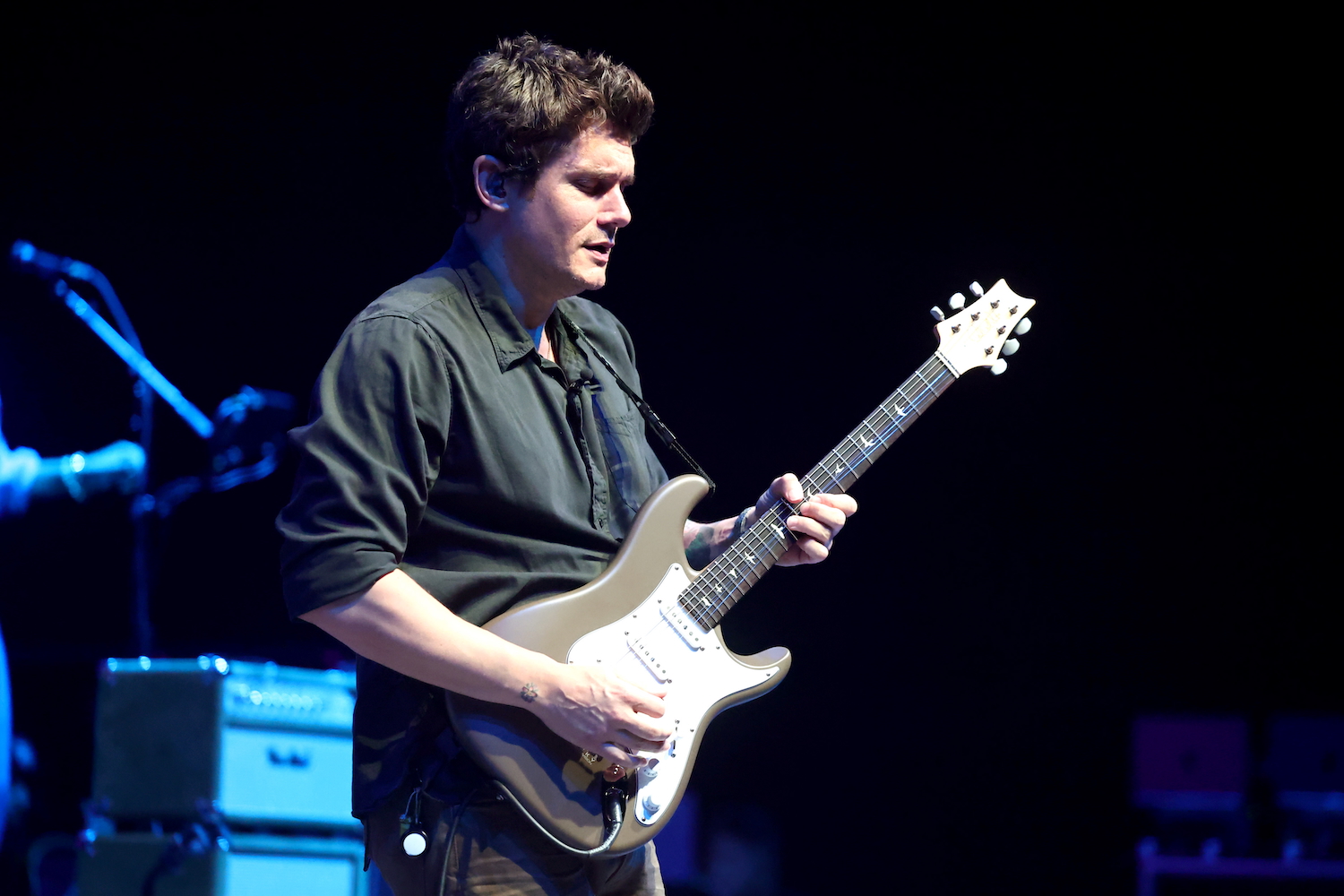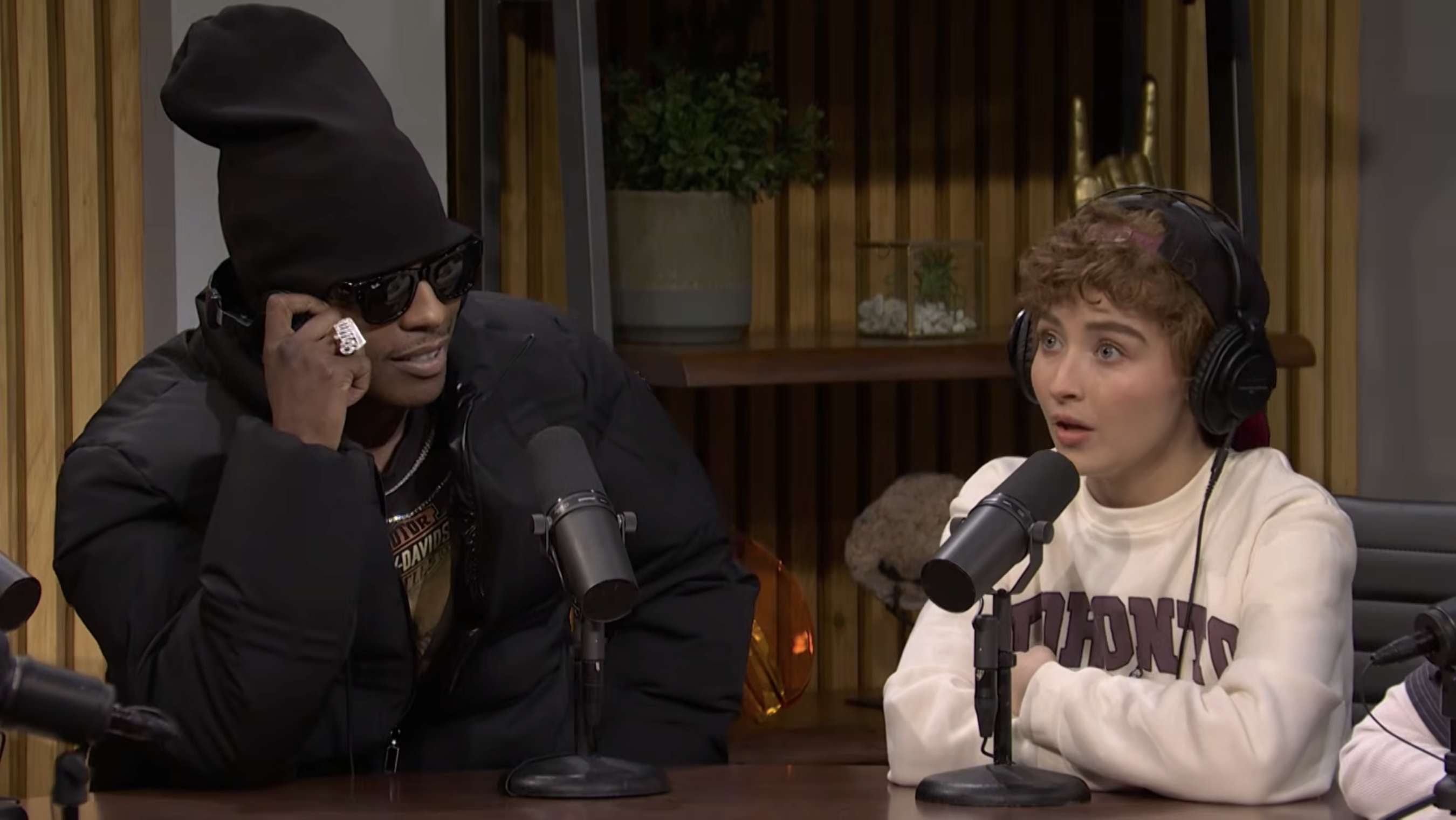One high school in Bennington, Vermont has cancelled their annual homecoming dance due to Miley Cyrus and the rise of twerking. In an opinion piece in local newspaper The Bennington Banner, Principal Sue Maguire and Dean Of Students David Beriau defended their decision. "Over the past couple of years, since Miley Cyrus took the stage 'twerking' at the 2013 MTV Video Music Awards, our students' dancing behavior has crossed the line of what we can condone as appropriate behavior at a school," they warn. They then go on to explain the terrifying new adolescent trend to parents who may not be in the know: "Twerking is dancing to popular music in a sexually provocative manner involving a low squatting stance and thrusting movements. Students do not face one another or remain with the same person for the length of the song. If you haven't seen twerking, I would encourage you to research this online." The letter goes on to mix up the act of twerking and grinding, which kids have been doing for decades now, and blame students who forcefully dance with other students without permission, which has always been a shitty thing to do no matter the era. Read the full piece below.
We have received questions regarding why we have canceled the upcoming Homecoming dance and wanted to provide clarification so there isn't misinformation in our community.
Over the past couple of years, since Miley Cyrus took the stage "twerking" at the 2013 MTV Video Music Awards, our students' dancing behavior has crossed the line of what we can condone as appropriate behavior at a school. Twerking is dancing to popular music in a sexually provocative manner involving a low squatting stance and thrusting movements. Students do not face one another or remain with the same person for the length of the song.
If you haven't seen twerking, I would encourage you to research this online.
As a school we are responsible to keep students safe and teach them how to interact with others appropriately. One of the issues that emerges with this highly sexualized form of dancing is consent.
When faculty spoke with some of our students about how the dancing starts between two people, we were told by students that someone just comes up behind you and starts. One female described being uncomfortable when a male student she didn't know started "grinding" with her from behind. Other students in the discussion agreed with her and said it is not uncommon. They explained to us no one asks permission before "grinding" nor do they ask the other person if they want to dance.
We need to engage in conversations with our students about how to be respectful of each other.
We have been asked why we don't just stop it. Try to picture our cafeteria, with 400 to 500 students in tight clusters of about 80 students. It is very difficult to get into the middle of the clusters to monitor every student who is dancing inappropriately.
Last spring, administration asked to meet with the MAUHS student government to try to come up with a way to have students help us monitor this. The students have been very realistic about this, many agreeing that something needs to change at our dances, and although a respectful conversation occurred, as a school community, we have yet to come up with a solution. We plan on continuing the dialogue in hopes that we can work together to reinstate dances. Unfortunately, our young people are continuously exposed to a culture filled with sexualized images and messages, but this should not and cannot be permitted at our school.
As we have researched this issue, we have learned that communities across the nation are struggling to find the balance between free expression and appropriate school behavior at dances. In speaking with other school administrators, they have informed us that dances have been canceled in other high schools in our state and in nearby Massachusetts and New York.
Everything else planned for homecoming is continuing. We plan on having spirit week, the pep rally, and of course, the homecoming game.
Although this has been a disappointing decision for many of our students, we're seizing this opportunity to engage in thoughtful problem-solving conversations with them in hopes of having dances in the future.
[Photo by Neilson Barnard/Getty.]






